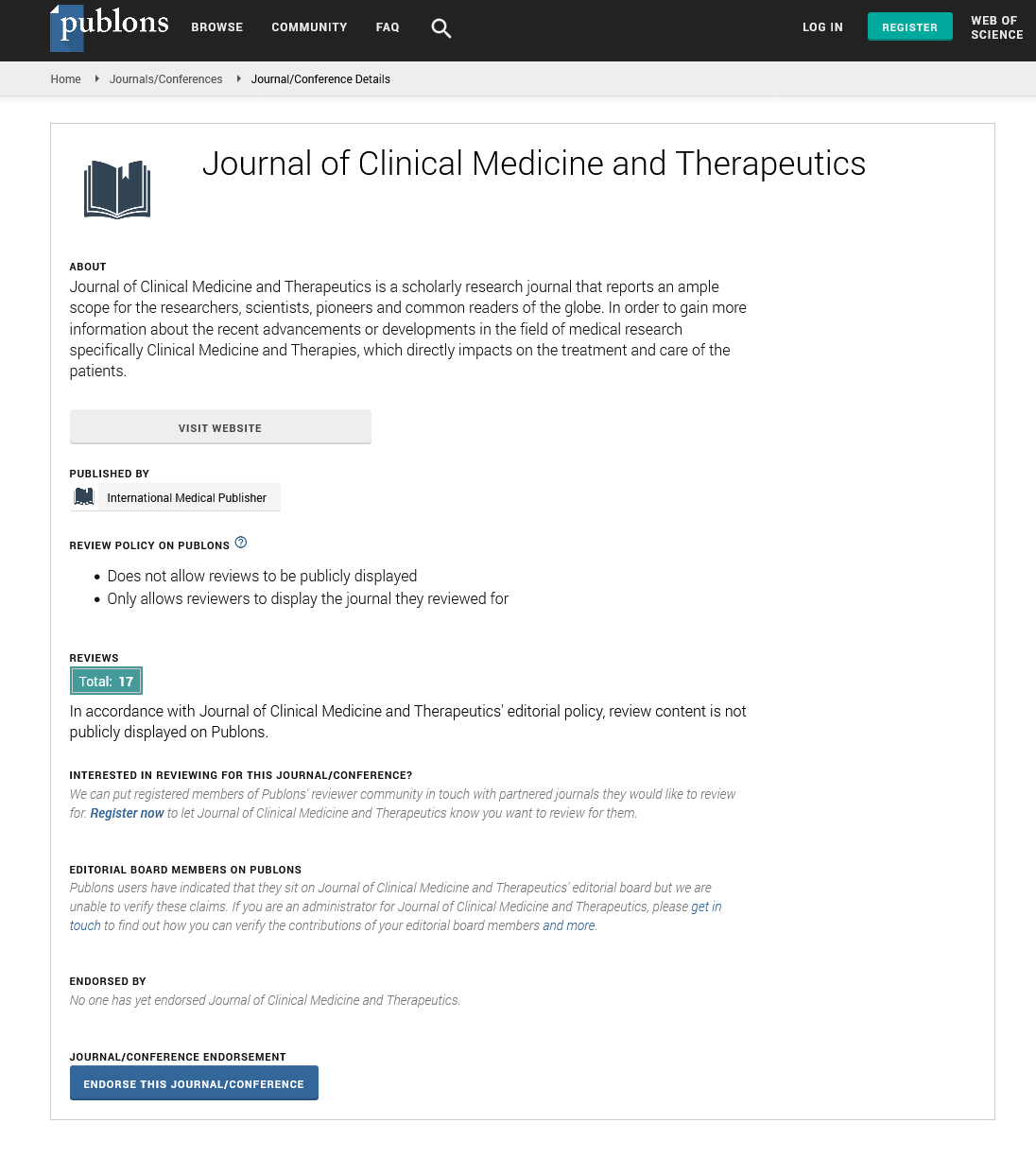Abstract
Utilization of Emergency Contraception and Associated Factors among Technical and Vocational Education Training College Female Students in Shashemene Town, Oromia, Ethiopia, 2018
Background: Emergency contraception is a method to prevent unwanted or unintended pregnancies that could happen after unprotected sexual intercourse. It is a type of modern contraception that can be used following wrong use of contraception. In Ethiopia studies conducted in health facilities showed that unintended pregnancies and unprotected sexual intercourse are causing major reproductive health problems to adolescents.
Objective: To assess the utilization of emergency contraception and associated factors among Technical and Vocational education training college female students in Shashemene town from June 10.
Method: An institution based cross-sectional study was conducted among Shashemene town Technical and Vocational education training college female students in June 2018. Collected data was entered into EPIINF version 7 and exported to SPSS version 21 for analysis. Association between dependent and independent variable was assessed using adjusted odds ratio with 95% confidence interval and p-value for statistical significance (<0.05).
Result: A total of 476 female students were participated in our study out of these, one hundred forty six (30.7%) of the respondents knew presence of emergency contraception and 58 (12.2%) of them had encountered unprotected sexual intercourse. Out of those who encountered unprotected sexual intercourse 42 (72.4%) had used emergency contraception. However, 17 (29.3%) of the respondents who reported unprotected sexual intercourse had history of unwanted pregnancy. Monthly family income was significantly associated with the utilization of emergency contraception (AOR=4.41) (95% CI: 1.44-13.48).
Author(s): Hailu Fekadu, Buli Teshite, Getu Teshome, Roza Amdemichael, and Bekele Dibaba
Abstract | PDF
Share This Article
Google Scholar citation report
Citations : 95
Journal of Clinical Medicine and Therapeutics received 95 citations as per Google Scholar report
Journal of Clinical Medicine and Therapeutics peer review process verified at publons
Abstracted/Indexed in
- Publons
- Secret Search Engine Labs
Open Access Journals
- Aquaculture & Veterinary Science
- Chemistry & Chemical Sciences
- Clinical Sciences
- Engineering
- General Science
- Genetics & Molecular Biology
- Health Care & Nursing
- Immunology & Microbiology
- Materials Science
- Mathematics & Physics
- Medical Sciences
- Neurology & Psychiatry
- Oncology & Cancer Science
- Pharmaceutical Sciences

